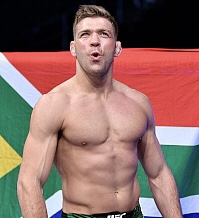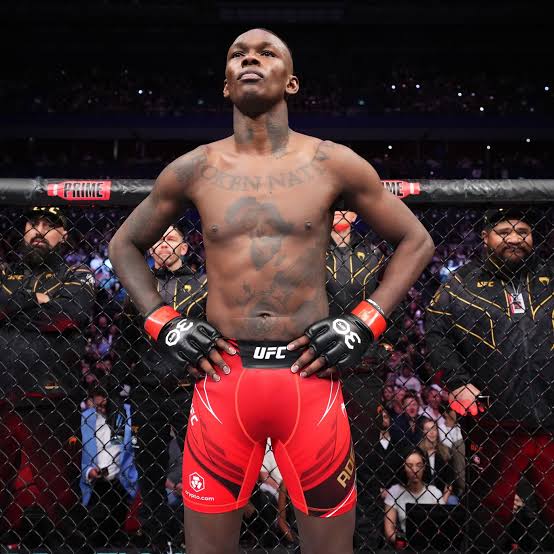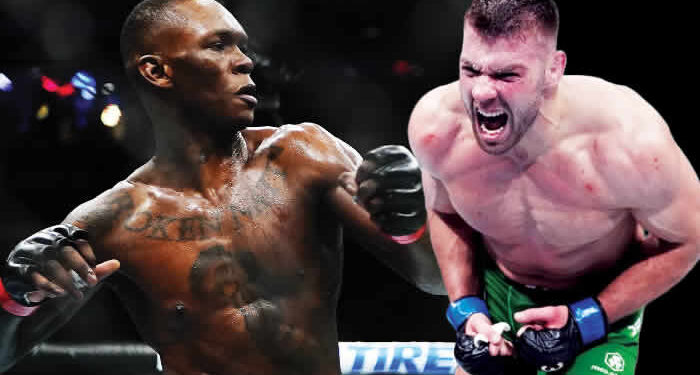The eagerly awaited UFC middleweight championship bout between Israel Adesanya and Dricus du Plessis, referred to as the “Battle for Africa,” will headline the promotion’s inaugural all-African title fight this Sunday morning in Perth, Australia. This contest embodies cultural pride, national identity, and the prestigious middleweight championship, transforming the event into a significant discourse regarding who can genuinely be recognized as Africa’s true champion.

The rivalry between these two athletes has been brewing for several months, ignited by Du Plessis’ challenge to the authenticity of Adesanya and other African-born UFC champions, including Kamaru Usman and Francis Ngannou. Du Plessis, who trains and lives in South Africa, asserts that his connection to the continent strengthens his claim to the title of “African King.”
Conversely, Adesanya, who was born in Lagos but relocated to New Zealand at the age of ten, has ardently defended his African heritage, accusing Du Plessis of undermining the legacy of previous African champions. “Did those belts ever go to Africa?” Du Plessis once provocatively questioned, referencing the fact that Adesanya, Usman, and Ngannou all train abroad.

This statement sparked considerable controversy, culminating in a heated exchange between the two fighters following Du Plessis’ victory over Robert Whittaker last July.
This confrontation, characterized by commentators as the “Battle for Africa,” has set the stage for what is now regarded as one of the most culturally significant fights in UFC history. Adesanya, a two-time middleweight champion, has minimized the importance of regaining the title, emphasizing that settling the rivalry with Du Plessis holds greater significance. “Defeating Dricus is more crucial than the belt,” Adesanya stated. “This fight is about history, legacy, and pride.”
In contrast, Du Plessis is resolute in his ambition to establish himself as the first authentic African champion by retaining the title on the continent. This bout transcends a mere personal rivalry; it carries profound implications for the future of mixed martial arts in Africa.



































